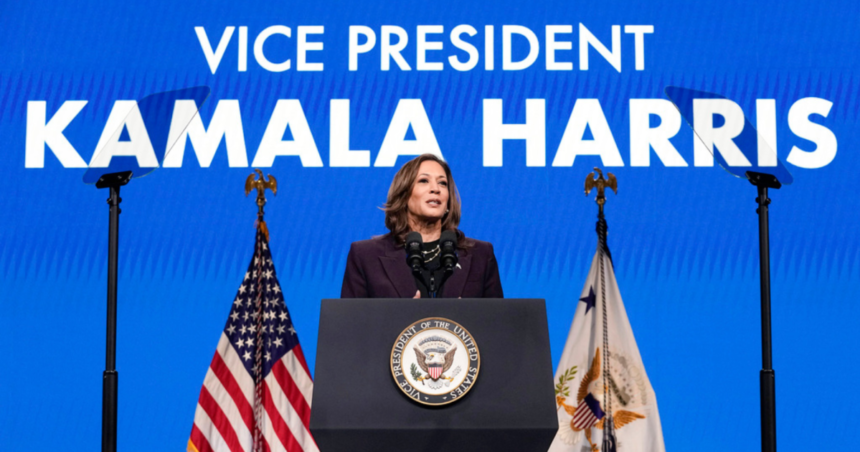During her four years in the Senate, Kamala Harris served as a consistent check on President Donald Trump and the Republican majority in the chamber.
She opposed the Trump tax cuts in 2017 but was supportive of important bipartisan legislation, such as the First Step Act aimed at reducing recidivism and implementing sentencing reform, as well as a bill focused on addressing the opioid crisis through prevention, recovery, and treatment.
Prior to her tenure on Capitol Hill starting in January 2017, Harris worked as a prosecutor and attorney general in California. During her 2020 presidential campaign, she advocated for increasing teacher pay, eliminating dark money in politics, addressing gun violence, and reforming the criminal justice system.
Her proposed criminal justice reform agenda includes updating sentencing laws, ending private prisons, and establishing national standards for law enforcement accountability.
RELATED STORY | Delegates already pledging support for Harris’ presidential campaign
In a roundtable discussion from her 2020 campaign, Harris emphasized the importance of accountability and consequences to deter bad behavior in law enforcement, including prosecutors.
Since her previous presidential run, Harris has adjusted some of her positions. In the 2020 election cycle, she no longer supports banning fracking or offshore drilling and has stepped back from endorsing Medicare for all. However, she remains committed to reducing prescription drug costs and improving healthcare affordability.
RELATED STORY | Harris secures Democratic nomination for president with majority of delegates
Regarding gun control, Harris no longer advocates for a mandatory gun buyback program but continues to support universal background checks, red flag laws, and an assault weapons ban.
The Harris for President campaign has yet to release detailed policy proposals for her potential administration. The upcoming Democratic National Convention will offer Harris a significant platform to reintroduce herself to the electorate.





